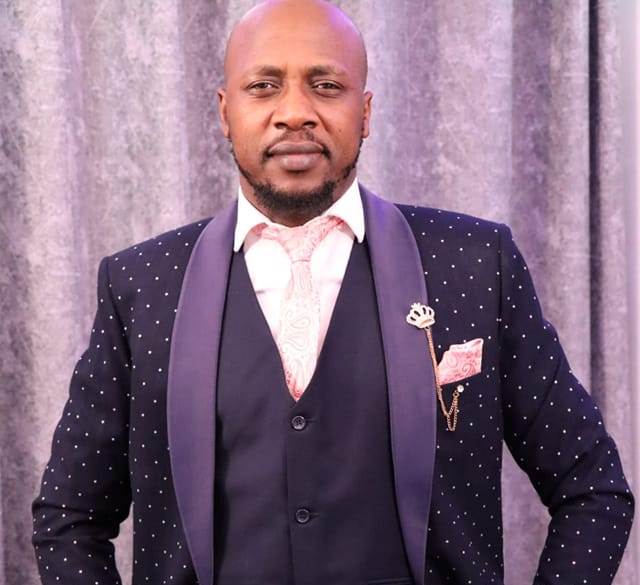Three Invalidating Statements to Avoid Saying to Survivors of Abuse

One: Nobody is Perfect.
Would you say that to someone who has just been mugged and hurt and they’re still shaken and traumatised? That the robber ‘is just human?’ Many people coming from abusive relationships are in that state. There’s nothing human about intentional cruelty. If you have nothing to say to people who have been with abusers, don’t say anything.
Two: there are always two sides to a story.
This is a lazy generalisation taken by shallow people to avoid indepth investigations. Sometimes a person is just an innocent victim of merciless and deranged abusers. Do not false guilt on innocent survivors, much like the friends of Job did to him. Eventually he called them ‘miserable comforters.’ (Job 16:2)
Three: Those are normal ups and downs of a relationship.
This is one of the most confusing things to people who are being manipulated and gaslighted. Someone punching you in the face and kicking you to the ground and blaming you for provoking them cannot be normal to normal people. But disordered people are not normal and the victim usually doesn’t know any better.
Just because you cannot imagine how evil people can be doesn’t mean you mislead a genuinely confused person.
More so if you’re a minister in church and people are always coming to you for advice but you have no psychological training, be very careful. Do not recommend reconciliation blindly, thinking you’re ‘upholding the family unit.’ Too often you can see that the person seated in front of you is well meaning and desires peace, but you don’t know the one who is absent from you.
They might as well be a devil. And so you’ll be killing a person by the general and foolish statements of ‘God is a God of second chances, forgive so that you may be forgiven, prayer can do all things, restoration is your portion.’ Stop this garbage and examine the case in front of you. Especially if you know nothing about personality disorders and you sense something unusual about the story you’re being told, refer them to a professional. And for your information sometimes the one crying before you may be the victim or the abuser.
Characters like Psychopaths and Narcissists are extremely hard to detect if you’re not trained because they’re very sweet and persuasive to outsiders, yet devils at home.
In summary, wisdom requires knowing what we don’t know. If you sense that a matter is beyond you, just listen empathetically and then refer the person to a professional.
Benjamin Zulu







